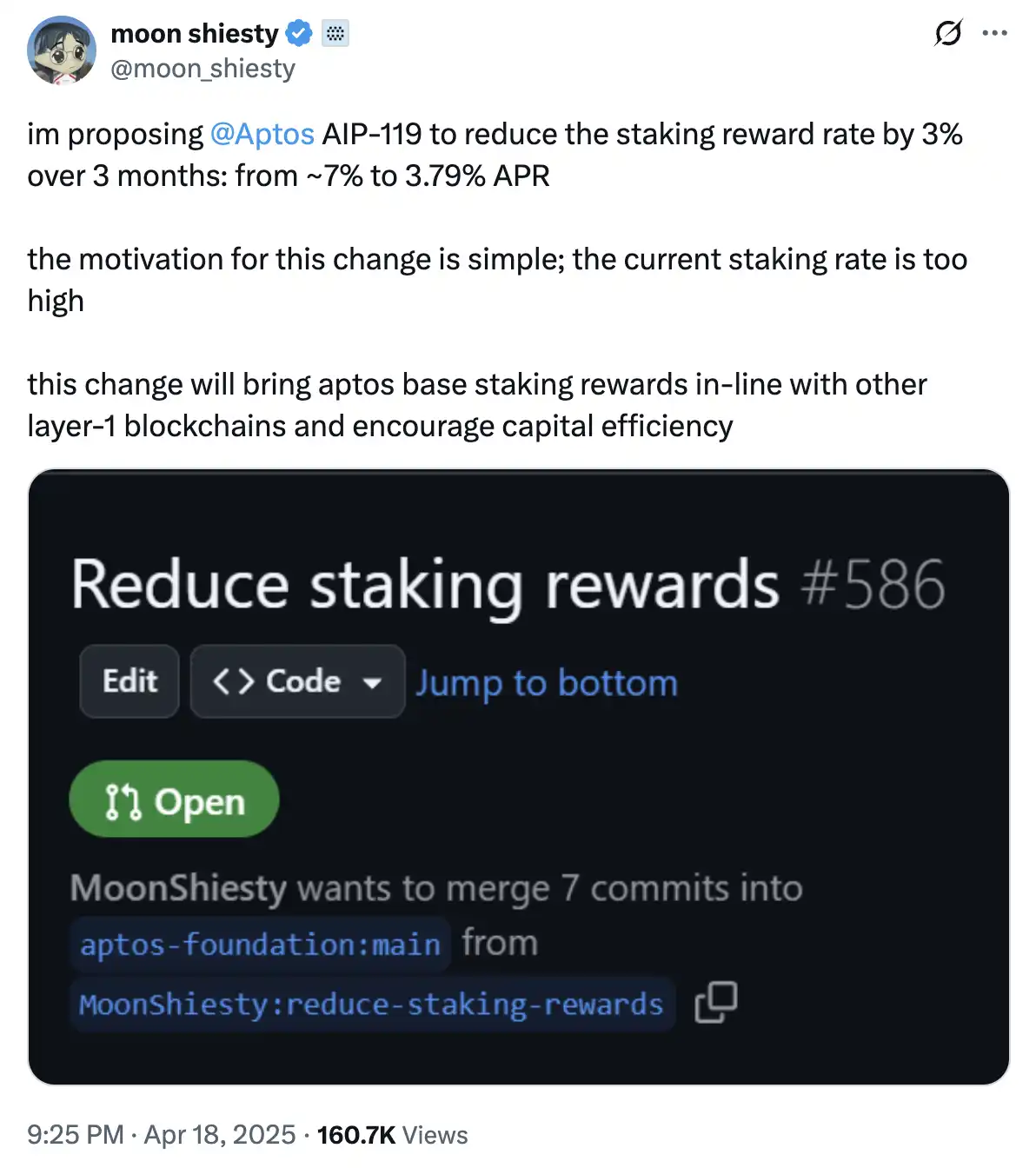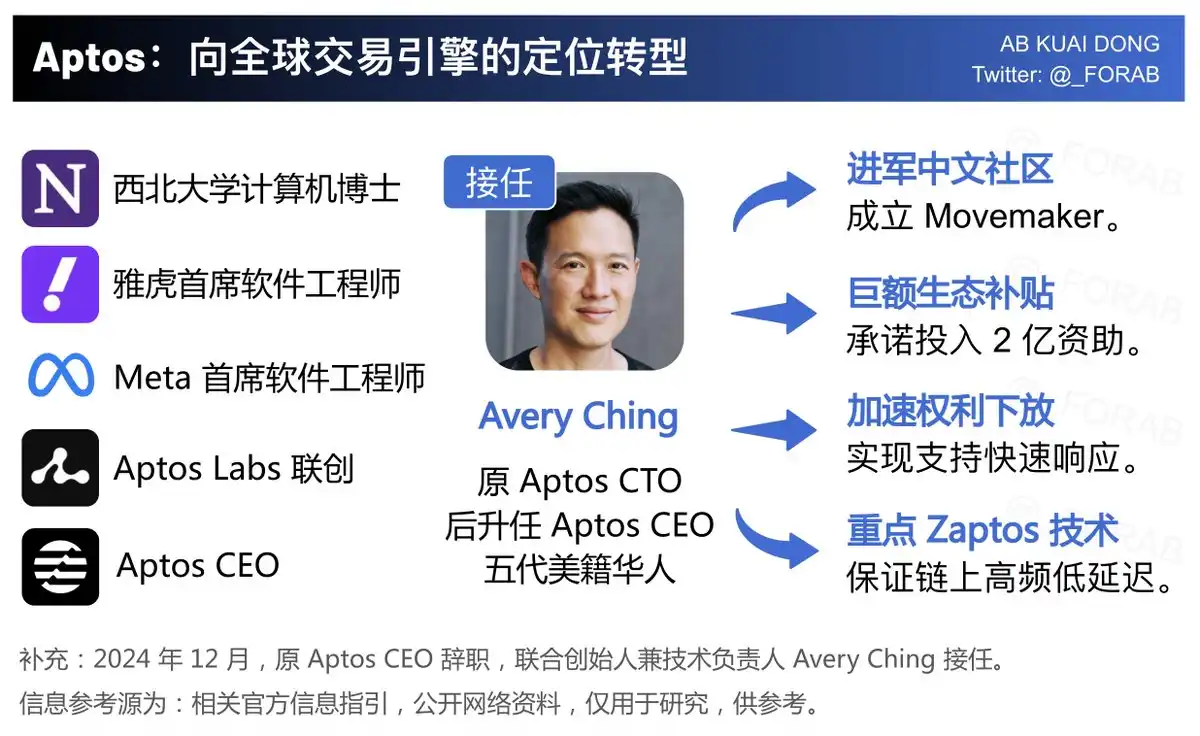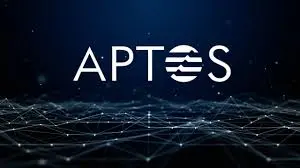After months of silence in the Aptos ecosystem, a community proposal called AIP-119 injects new controversy and vitality into this Layer 1 public chain.
On April 18, Aptos community member moon shiesty launched the proposal "AIP-119" to "Phasely Reduce the Pledge Reward Rate", which recommended that the pledge reward rate be reduced from the current 7% and 1% per month in the next 3 months, and the final annualized yield will be reduced to 3.79%.
The proposal believes that reducing the staking reward rate will help the long-term growth of the Aptos ecosystem, especially to promote more active competition in the DeFi field, while also helping to enhance APT's token economics to support its long-term sustainable development. As the first step in the reform of Aptos’ economic model, the proposal will receive community feedback if the proposal is passed and will set up a 6-month observation period to assess the impact.

In the eyes of many observers, this is not only a technical governance adjustment, but also an attempt to reconstruct the underlying logic of the Aptos economic model.
Hidden dangers of high returns and structural inflation
Aptos' current staking yield ranks among the top in the L1 public chain, but the problems it brings are becoming increasingly prominent. Although the risk-free annualized return of 7% has attracted a large number of users to lock APTs in staking, it also causes serious inflationary pressure and inefficient use of funds.

The community generally believes that this model is constantly diluting the value of tokens, which also hinders the flow of ecological funds toward more risky and innovative applications. As the sponsor of the proposal described it, pledge rewards play the role of "central bank interest rates" on the chain, and the "interest rate" at this moment may have deviated from the actual market.
Although Aptos has attracted developers with its ultra-high performance and the security of the Move language, its ecological activity has never been matched. At the same time, Sui, who is also a "Move Gemini", continues to strengthen, in sharp contrast.
Many community members attribute this to the structural problem of the Aptos token model - high proportion of tokens are concentrated in the hands of foundations and core nodes, and the superimposed high staking returns set in the early stages has caused ecological funds to be over-concentrated on "lying to make money", which has instead curbed constructive innovation.
Three new officials take office
The background of the proposal is a series of changes in Aptos' recent management and market positioning. According to community news, Aptos founder Mo Shaikh had legal disputes with his early members, and the end result was that Chinese Avery Ching took over as CEO of Aptos Labs (formerly CTO) and Mo Shaikh withdrew from daily management.

After he took office, Aptos' strategic narrative also shifted from "scalable L1" to "next generation global trading engine", and more clearly emphasized performance and trading experience as its core competitiveness.
More notably, Aptos’ attitude of re-embracing the Chinese-speaking market: setting up a Chinese community MovemakerCN, hosting multiple hackathons and providing tens of millions of dollars in ecological funding, showing its determination to rebuild community trust and expand the global developer network.
Technically, Aptos is also constantly promoting performance optimizations such as Zaptos upgrade and Block-STM v2, hoping to attract developers to rebuild prosperity with real demand-driven PMF (product market fit) as the core in the new ecosystem of "low-return and high-performance".
What do you think of the community?
Although the proposal of AIP-119 touched the vested interests’ cake, the overall feedback from the community has not fallen into emotional confrontation. On the contrary, multiple opinions, including Amnis Finance, the largest liquid pledge agreement, showed more rational review and feedback. Amnis pointed out in his public response that the current proposal is in a reasonable direction but the execution rhythm is too radical and may damage Aptos' competitiveness. They believe that the pledge yield is similar to the interest rate tool in emerging markets, and for public chains like Aptos, high returns are the key to attracting capital.
If it drops to 3.79%, Aptos will be in the lowest earnings echelon in the L1 camp, potentially leading to higher returns options like Solana or Treasury bonds. In addition, opponents are concerned that a sharp drop in returns will weaken retail investors' lock-up momentum, increase APT's market circulation, thereby aggravating selling pressure. The DeFi ecosystem may also face the risk of TVL decline due to the shrinking of leveraged pledge strategies.
For verification nodes, opponents point out that a lower yield rate will significantly affect the profitability of small nodes. Take the staking volume of 1 million APT, as an example, a 3.79% yield and a 7% commission bring only about $13,000 in annual revenue, while operating costs can be as high as $72,000 to $96,000. This may force small nodes to exit, exacerbating the risk of centralization of the network. To this end, the community validator support program mentioned in the proposal has become the focus of attention, but the specific implementation plan has not been clarified.
Supporters stressed that in order to get out of the current dilemma, Aptos must give priority to solving the problems of inflation expectations and token issuance. The "credit illusion" created by the high-yield pledge mechanism is quietly eroding the ecological foundation. Each round of price rebound has become a "shipment window" for pledged users, forming a price ceiling, which not only distorts market behavior, but also weakens the confidence of long-term holders.
What is more worth noting is that the proposal proposes a "Community Pledge Support Plan", which attempts to support verification nodes with smaller pledges while reducing interest rates to alleviate the risk of decentralization. Similar to other L1s such as Solana’s commissioned support program, Aptos is also beginning to face up to the delicate balance between its cybersecurity and decentralization.
The turning point of ecological evolution
The deeper significance of AIP-119 is Aptos' active adjustments to its economic model and ecological mechanism after facing the cyclical market recession, decline in DeFi liquidity and "high APY trap". In the current vicious cycle of "additional issuance-pled-inflation" in L1 public chains, Aptos has become a rare attempt to actively compress basic returns and release long-term potential.
This has also triggered a deeper discussion: Is the healthy development of a chain that must be at the expense of risk-free interest rates? Is the logic of "high APY=strong attraction" invalid? True competitiveness comes from network utility and ecological sustainability, not short-term incentives. As Rui, a member of Hashkey Capital, pointed out, "The basic yield of verification nodes cannot be high. Earn Mev money through LST to increase the yield, and give large users more ownership of the network through DeFi and ecosystems, followed by entry and exit at will (APT has created Delegators Pool)."
AIP-119 is still in the draft stage, but it may have become an important node for Aptos to get rid of the slightest and redefine the economic model. In this decision, Aptos chose not only digital adjustments, but also a re-verification of the collective governance mechanism and a public declaration of the value of "long-termism".
Of course, while reducing pledge returns, Aptos needs to provide clearer and more attractive alternative incentives, otherwise short-term fund escape and loss of community trust will inevitably be inevitable. But at least, from "breaking one arm" to "reshaping the ecology", this chain began to try to answer the question that has been repeatedly asked but few projects faced seriously: What exactly are we designing this system for?
As of writing, the price of APT token was US$5.58, up 5.5% in 24 hours; since April, the price of the currency has rebounded significantly compared with the market's sharp drop.














No comments yet